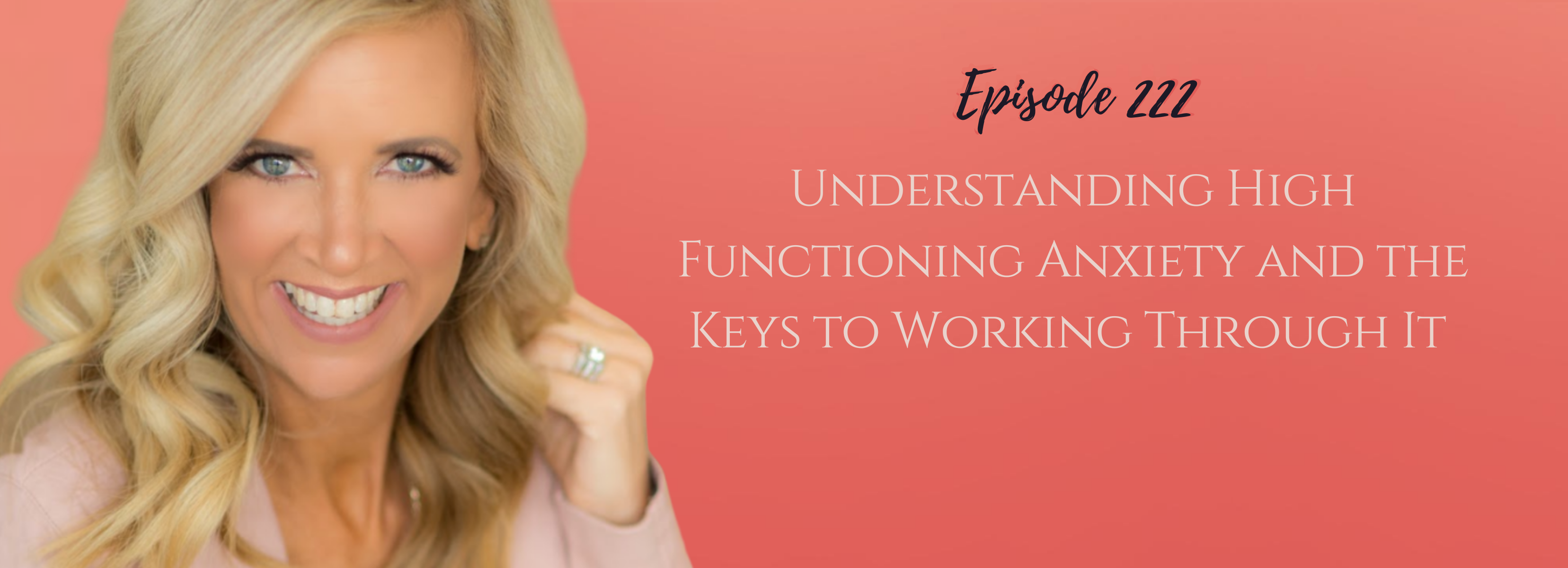
Understanding High Functioning Anxiety and the Keys to Working Through It with Nancy Jane Smith| 7.19.2023
In this episode, Kristen interviews Nancy Jane Smith, a licensed professional counselor and high functioning anxiety expert. They delve into the topic of high functioning anxiety, discussing its impact, strategies for coping with it, and the importance of self-loyalty.
You'll Learn
- What high functioning anxiety is and how it manifests in individuals.
- Strategies and tools for working through high functioning anxiety and quieting the inner critic.
- The concept of self-loyalty and its role in finding balance and well-being.
The importance of acknowledging and embracing emotions as part of the healing process. - How personal experiences and family origins can impact anxiety and the journey of self-discovery.
Resources
For counseling services near Indianapolis, IN, visit www.pathwaystohealingcounseling.com.
Subscribe and get a free 5-day journal at www.kristendboice.com/freeresources to begin closing the chapter on what doesn’t serve you and open the door to the real you.
Subscribe to the Close the Chapter YouTube Channel
This information is being provided to you for educational and informational purposes only. It is being provided to you to educate you about ideas on stress management and as a self-help tool for your own use. It is not psychotherapy/counseling in any form.